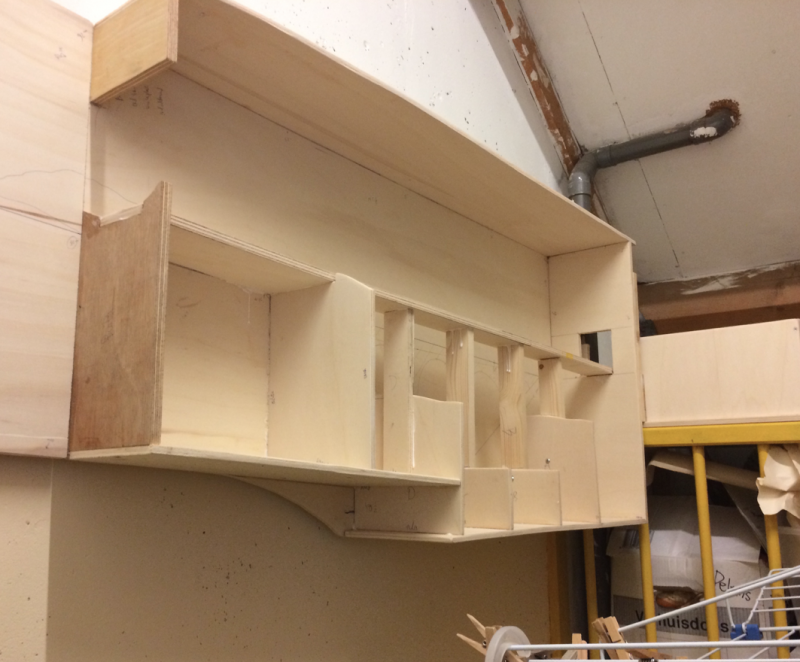Djangocon: organizing conferences for learners, how we did it in Namibia - Jessica Upani¶
(One of my summaries of a talk at the 2018 european djangocon.)
For Jessica, it all began at PythonNamibia2015. She went there, not because she wanted to learn python, but because she was bored. And the conference was free. It had all changed by the end of the conference! Thanks to the organizers that inspired a lot of people there to become active with python.
In 2017, she helped organize a ‘computer day’. Talks and panel discussions, poster presentations, software project presentations and workshops. It was aimed at kids!
Especially the panel discussions were aimed at the newcomers: trying to transfer experience. In 2018, there were separate workshop days, amongst other an introductory python course.
There are some differences from organizing a conference for adults:
You need to write letters to parents! Convincing them to send their kids to the conference.
Behaviour. You need to follow the behaviour of the kids. They’re less well-behaved than a room of adults. Adults sit still, kids move around and look for attention. The one giving the presentation needs to be a good teacher, otherwise they won’t be able to keep the kids’ attention.
Different expectations. Kids expect fun and games, they don’t expect talks. So you have to tell them beforehand what is going to happen. And you have to adjust the program.
Fun and games. Yes, you need it.
Speakers. You have to help the speakers. You have to check their talks beforehand: is the content easy enough for the kids? You don’t want their eyes to glaze over and their attention to wander.
Funding. Important! It is also very hard. She hasn’t found any local sponsors till now.
Decorations. Yes, put up balloons and other decorations!
What’s important:
Connect to knowledge they learned in their classes.
But: give them more than they get in their regular class.
Inspire computing career choices.
Passion and knowledge.
Get them to challenge themselves. A great way is to let them build something that others have to try out: then it has to be pretty good!
Ok… all this is quite some work. Why go through all that trouble?
She teaches at a school with 215 students. But there is not a single computer. How to let those students get into contact with computers? Organizing such a computer day at the university helped. They could use the university’s computers in the weekend that way. And it helped get some sponsorship for computers for her school.
Help is needed here!
Thanks for the python and django foundations, as they were the two that made the computer day 2017 possible. In 2018, they were more sponsors: thanks!

Photo explanation: constructing a viaduct module (which spans a 2m staircase) for my model railway on my attic.